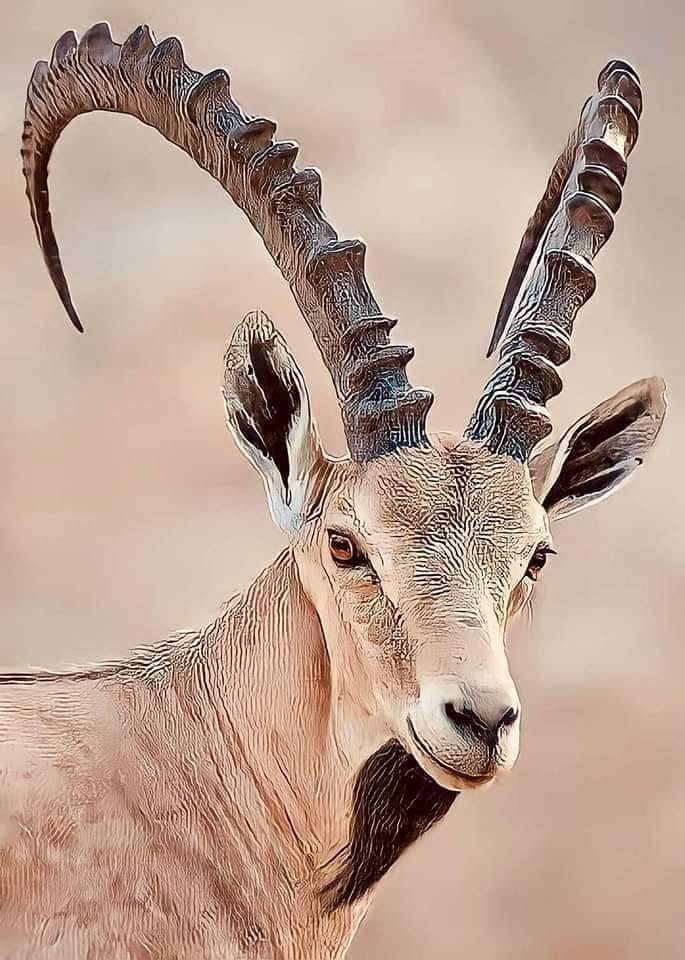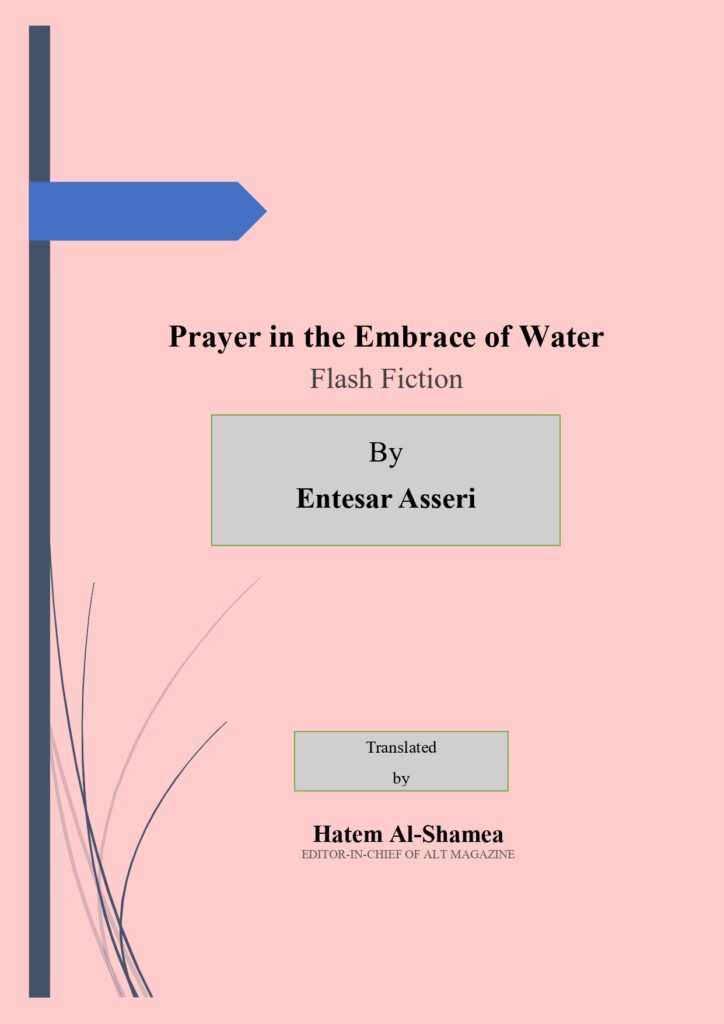The Wa’l [Ibex] Rises: Reclaiming Yemeni Identity through an Ancient Symbol
From the sun-baked sands of Hadhramaut to the terraced mountains of Saada, the ibex, known as “wa’l” in Arabic, has long been etched into the soul of Yemen. This nimble mountain goat, defying gravity with its surefooted ascent, transcends mere animal to become a powerful symbol of Yemeni identity. Celebrating the ibex is not just an annual festival; it is a defiant roar against the encroachment of ideologies seeking to erase the rich tapestry of Yemeni culture.
For millennia, the ibex has adorned Yemeni coins, cave paintings, and poetry. Its agility and resilience mirrored the spirit of a people navigating harsh landscapes and forging a vibrant civilization. Yemeni tribes associated the ibex with bravery, independence, and a deep connection to the land. Its horns, believed to hold magical properties, became talismans against evil and symbols of virility.
The annual “22 January Wa’l Festival” in all parts of Yemen, particularly in Shibam, nestled in the Wadi Hadhramaut, showcases this deep-seated bond. Costumed performers embody the ibex, leaping and prancing in a vibrant display of Yemeni heritage. Traditional music and poetry celebrate the animal’s spirit, reminding locals of their own strength and resilience. This festival is not just revelry; it is a conscious act of cultural preservation, a defiant statement against forces that seek to homogenize and subjugate.
The Houthi militia, with their rigid doctrines and claims of divine lineage, pose a stark threat to this multifaceted Yemeni identity. Their attempt to reframe Yemeni history through a narrow religious lens erases the contributions of pre-Islamic cultures, the diversity of regional traditions, and the vibrant artistic expressions that have flourished for centuries. The ibex, a symbol not of any specific religion but of the indomitable Yemeni spirit, becomes a potent counterpoint to this narrative.
This clash of symbols reflects a deeper struggle for the soul of Yemen. The Houthis, like colonial powers before them, attempt to rule through fear and manipulation, imposing their worldview on a diverse and proud people. But just as the ibex scales seemingly insurmountable cliffs, Yemenis are awakening to the need to reclaim their history and assert their rightful place in the world.
This awakening manifests in many ways. Yemeni scholars, artists, and activists are rediscovering and re-interpreting their pre-Islamic past. Ancient languages like Sabaic are being studied, historical sites are being restored, and forgotten customs are being revived. The ibex festival takes on new meaning in this context, becoming a rallying point for those who reject the imposed narratives and celebrate the true richness of Yemeni identity.
The struggle is not without its challenges. The Houthis control much of the media and education system, hindering the dissemination of alternative narratives. The war has displaced millions, disrupting cultural life and severing communities. Yet, the spirit of resistance thrives. Social media platforms, despite their own complexities, have become a crucial tool for sharing stories, poems, and artwork that celebrate the unfiltered Yemeni identity.
The ibex’s message resonates on various levels. Its agility reflects the need for a flexible and adaptable identity, one that can evolve while retaining its core values. Its independence symbolizes the rejection of any single ideology or ruling elite. And its connection to the land underscores the importance of protecting Yemen’s unique natural heritage.
The road to reclaiming Yemeni identity is long and arduous. But as the ibex scales the seemingly impossible, so too can Yemenis overcome the obstacles they face. By celebrating their ancient symbol, they celebrate their strength, their resilience, and their unwavering spirit. The revival of the wa’l festival is not just a cultural event; it is a declaration of defiance, a reminder to the world that Yemeni identity cannot be easily erased or manipulated.
This struggle is not just about Yemen; it is a beacon of hope for all who resist the homogenization of cultures and the erasure of diverse identities. As Yemenis reclaim their heritage, they offer a powerful message to the world: a reminder that resilience can triumph over division, and that authentic cultural expression can be a potent weapon against forces that seek to control and manipulate. The ibex, the symbol of defiance etched in stone and celebrated in song, rises once more, leading the way towards a brighter future for Yemen and a world that celebrates the richness of human diversity.



